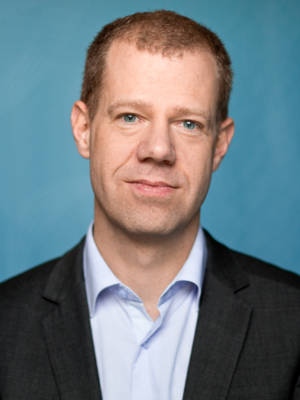The international development community has taken a great interest in migration and heralded the potential benefits of migration in development processes. At the same time, migration in its current form has very large costs for states, communities and individuals. In many cases, migrants spend large amounts of money and are exposed to great danger only to be returned empty-handed. Destination countries have also diverted a large share of development assistance to cover the costs of migration management.
Amidst the current migration and refugee crisis there are calls for taking a longer-term view on migration management. Such calls have focused on affecting the so-called 'root causes' of migration. It seems straight-forward that people are fleeing war, persecution, and poverty, and that migration could be reduced by eliminating these ills. But the actual patterns of who leaves and who stays suggest more complex mechanisms at work, both in conflict-induced displacement and other forms of migration. Moreover, policy measures to reduce migration are not necessarily coherent with other policy objectives.
This project will provide a succinct overview of research-based knowledge about the drivers of contemporary migration and the scope for affecting these drivers through policy.







